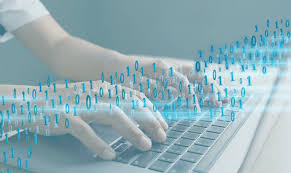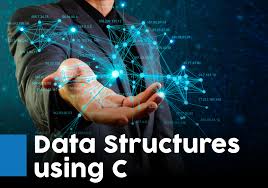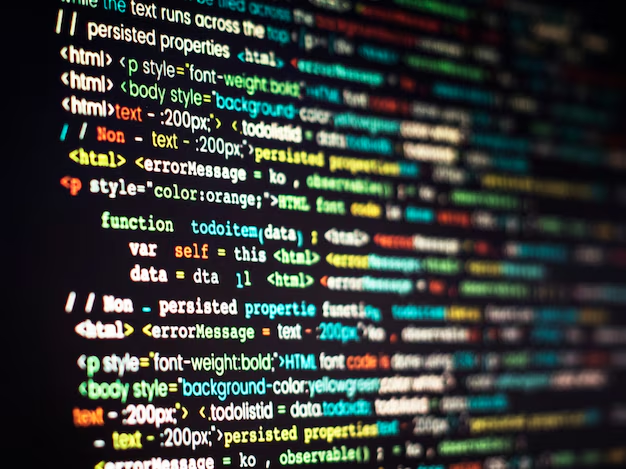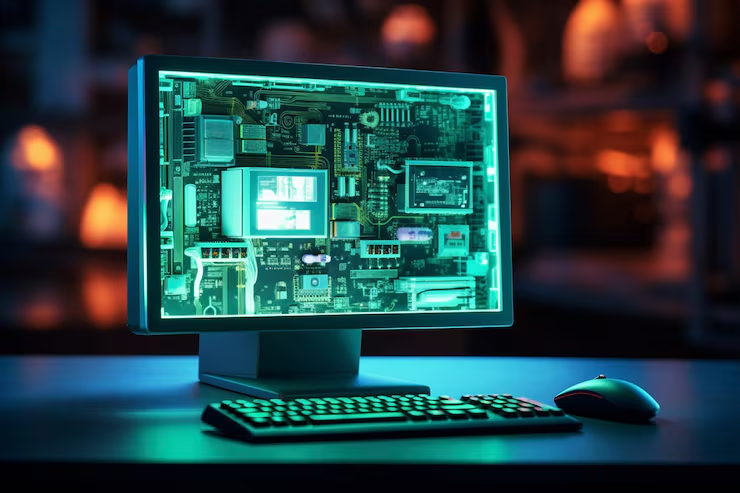About the course
In this course, you will develop a complete program on particle fire explosion, which involves uses of graphics libraries along with fundamental and advanced concepts of C++ programming. This course covers the fundamental concepts of C++ programming including working with operators, functions, loops etc. Advanced concepts like object-oriented programming are also covered in this course, which includes working with classes and objects, using Inheritance and encapsulation etc. In addition to this, the course covers the use of SDL, which is a graphics library, and a vital part in the development of a game or a GUI application. The comprehensive use of SDL has been demonstrated to produce an incredible program on particle fire explosion.
Learning Outcomes
After completing this course, you will be able to:
- Understand the syntax and semantics of the C++ programming language.
- Write inline functions for efficiency and performance.
- Create C++ classes for code reuse.
- Implement copy constructors and class member functions.
- Understand the concept of data abstraction and encapsulation.
- Learn how to overload functions and operators in C++.
- Learn how inheritance and virtual functions implement dynamic binding with polymorphism.
- Design and implement generic classes with C++ templates.
- Learn how to Implement SDL graphic libraries to develop a GUI based programs.
- Boost your hireability through innovative and independent learning.
- Get a certificate on successful completion of the course.
Target Audience
The course can be taken by:
Students: All students who are pursuing professional graduate/post-graduate courses related to computer science or Information Technology.
Teachers/Faculties: All computer science and engineering teachers/faculties.
Professionals: All IT professionals from software programming domain.
Why learn Introduction to Computing?
Problem-solving refers to your ability to solve problems in an effective and timely manner without any impediments. Whether you are a student, a parent, a businessperson, or the president of any country, you face problems every day that needs solving. For all these things, problem-solving is really really important. Especially when it comes to programming, problem-solving is the must. If you do not develop sound problem-solving skills, you will end up messing around with a given problem, and you would not be able to obtain a solution for ages.
Course Features
- 24X7 Access: You can view lectures as per your own convenience.
- Online lectures: 16 hours of online lectures with high-quality videos.
- Updated Quality content: Content is latest and gets updated regularly to meet the current industry demands.
Test & Evaluation
Each lecture will have a quiz containing a set of multiple choice questions. Apart from that, there will be a final test based on multiple choice questions.
Your evaluation will include the overall scores achieved in each lecture quiz and the final test.
Certification
Certification requires you to complete all the lectures, quizzes, and the final test. Your certificate will be generated online after successful completion of course.
Topics to be covered
Fundamentals of Computer
History of Computer, Generation of Computer, Classification of Computers, Basic Anatomy of Computer System, Primary & Secondary Memory, Processing Unit, Input & Output devices, Binary & Allied number systems representation of signed and unsigned numbers. BCD, ASII. Binary Arithmetic & logic gates, Assembly language, high level language, compiler and assembler (basic concepts), Basic concepts of operating systems like MS DOS, MS WINDOW, UNIX, Algorithm & flow chart
C Fundamentals
The C character set identifiers and keywords, data type & sizes, variable names, declaration, statements
Operators & Expressions
Arithmetic operators, relational and logical operators, type, conversion, increment and decrement operators, bit wise operators, assignment operators and expressions, precedence and order of evaluation. Input and Output: Standard input and output, formatted output -- printf, formatted input scanf.
Flow of Control
Statement and blocks, if - else, switch, loops - while, for do while, break and continue, go to and labels
Fundamentals and Program Structures
Basic of functions, function types, functions returning values, functions not returning values, auto, external, static and register variables, scope rules, recursion, function prototypes, C preprocessor, command line arguments.
Arrays and Pointers
One dimensional arrays, pointers and functions, multidimensional arrays.
Structures Union and Files
Basic of structures, structures and functions, arrays of structures, bit fields, formatted and unformatted files.
Recommended reference Books
Introduction To Computing (TMH WBUT Series), E. Balagurusamy,TMH





